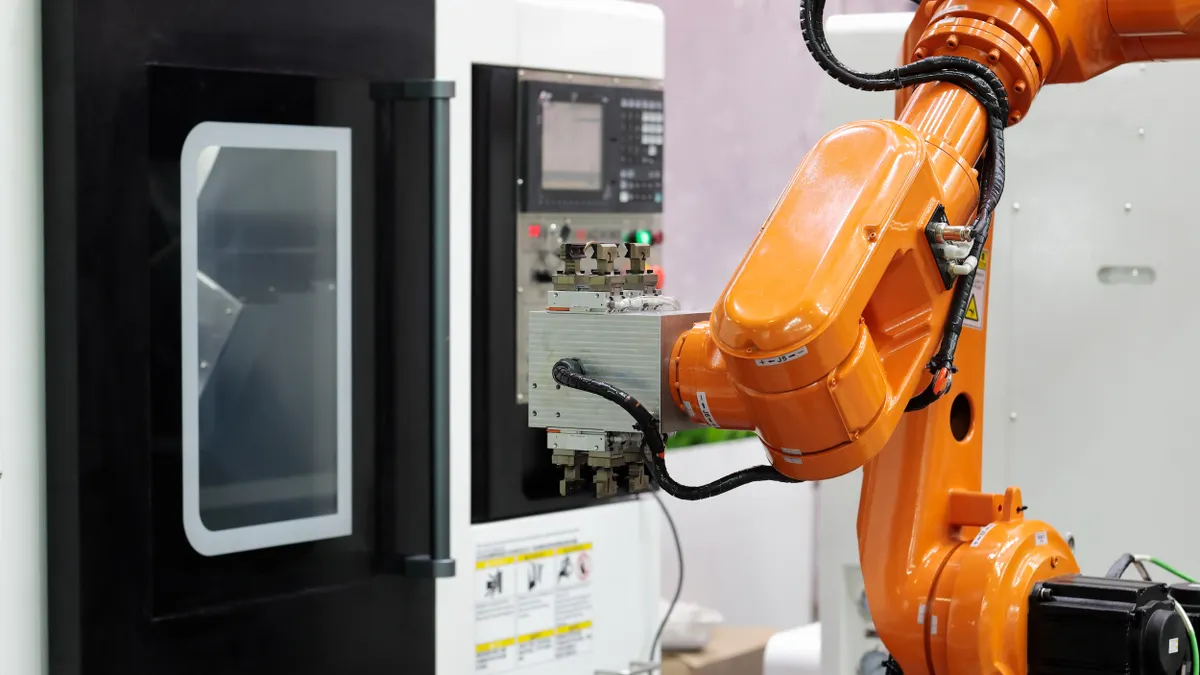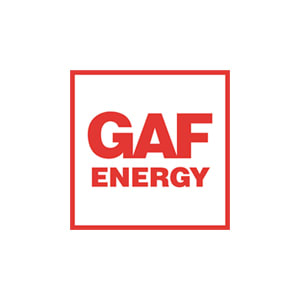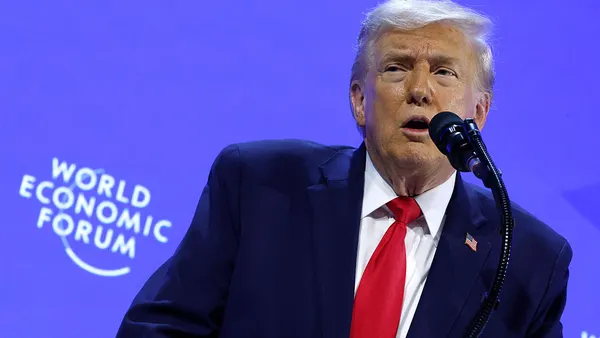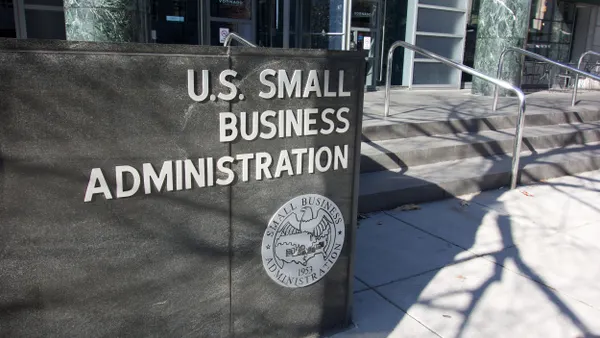Dive Brief:
- Six U.S. technology and manufacturing hubs that were previously approved for a total of $210 million in federal grants must now reapply for the funding after Commerce Secretary Howard Lutnick decided to revamp a Biden-era investment program last month.
- On May 16, Lutnick issued a statement criticizing the prior administration’s selection of six applicants for Tech Hubs Program funding earlier this year, calling the process “rushed, opaque, and unfair.” As a result, he said another competition is in the works this summer, with plans to announce the winners in January 2026.
- Doug Merrill, regional innovation officer for the Vermont Gallium Nitride Tech Hub — one of the hubs that recently lost $23 million in funding for semiconductor development and workforce training — said in a statement that the hub is “eager to re-apply” as it moves forward with support from other members and partners.
Dive Insight:
The funding reversal is part of a larger trend by the Trump Administration to cut Biden-era programs, including tens of millions of dollars in National Science Foundation grants and recent efforts to slash billions in climate-related funds.
In January, the Biden Administration approved grants to six university- or nonprofit-led applicants ranging between $22 million and $48 million as an investment to advance technology important to U.S. economic and national security.
The funds came from the fiscal year 2025 National Defense Authorization Act and were in addition to a separate round of grants totaling $504 million in July 2024 for projects recognized as “tech hubs.” However, Lutnick said the selection process and approval for the six projects were done with funds that were not available yet.
“At my direction, the Commerce Department is revamping the Tech Hubs program to prioritize national security, project quality, benefit to the taxpayer, and a fair process,” Lutnick said in a statement.
“To be clear, this decision is not an indictment of the work that the previously selected Tech Hubs are doing,” he added. “They can compete for funding alongside all other prospective applicants.”
The tech hubs that were approved for and then denied funding include:
- American Aerospace Materials Manufacturing Center (Washington, Idaho): $48 million
- Birmingham Biotechnology Hub (Alabama): $44 million
- Corvallis Microfluidics Tech Hub (Oregon): $45 million
- Critical Minerals and Materials for Advanced Energy (CM2AE) Tech Hub (Missouri): $29 million
- Forest Bioproducts Advanced Manufacturing Tech Hub (Maine): $22 million
- Vermont Gallium Nitride Tech Hub (Vermont): $23 million
Lawmakers who previously celebrated the investments as a way to support American manufacturing and supply chain innovation were disappointed by Lutnick’s decision to withhold previous awards from the Biden Administration.
Washington Sen. Maria Cantwell, whose state had won $48 million to support the American Aerospace Materials Manufacturing Center, called the loss of funding an “unnecessary delay” in the race to reestablish the U.S. as a global leader in aerospace component production.
“This is causing us chaos and uncertainty in a race against world competitors to build high rate manufactured composites likely to determine which country wins the aerospace future,” Cantwell said in a statement May 16.
Despite the reversal of funds, the affected tech hubs are moving forward as planned with help from other supporters.
“Our vast consortium is proud to have the support of our legislators and the communities across Washington and Idaho as we move forward,” the AAMMC said in a public statement May 19.
Additionally, The Vermont Gallium Nitride Tech Hub, led by the University of Vermont and chip maker GlobalFoundries, looks forward to reapplying for funding.
“Vermont’s Tech Hub continues to move forward full steam ahead, having attracted $3.9 million in funding and sixty members and partners to date,” Merrill said in a statement.
“The interest that our partners have demonstrated make us confident that the scope and mission we will propose in the next funding round will be well aligned with our nation’s technology priorities and will be highly competitive in the next round of project selection,” he added.














